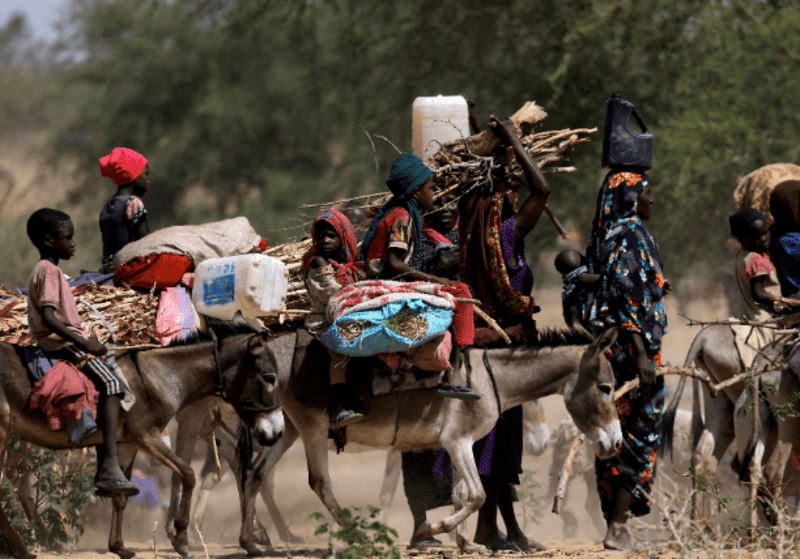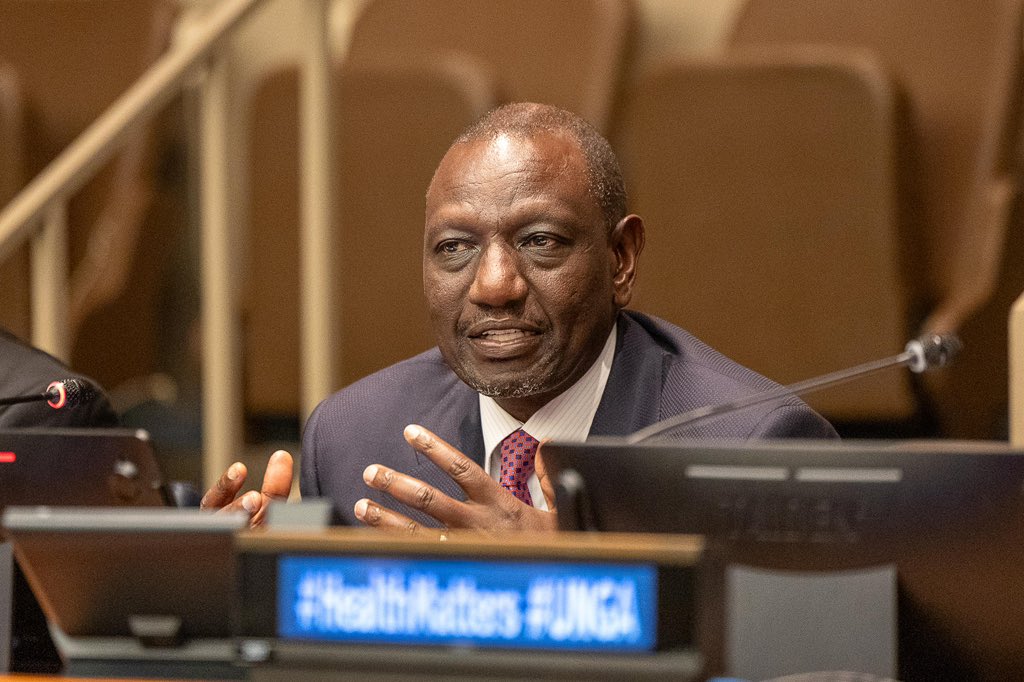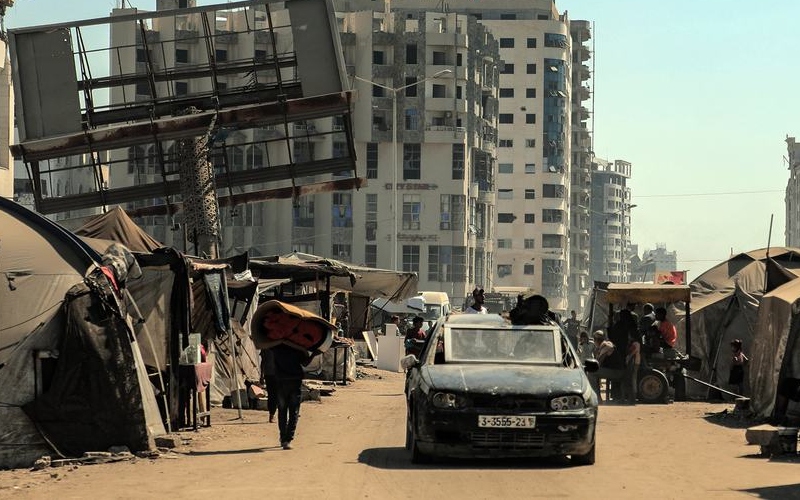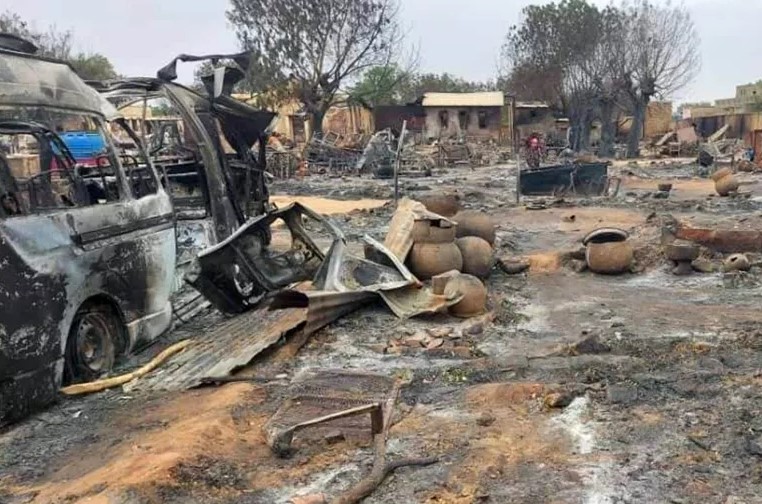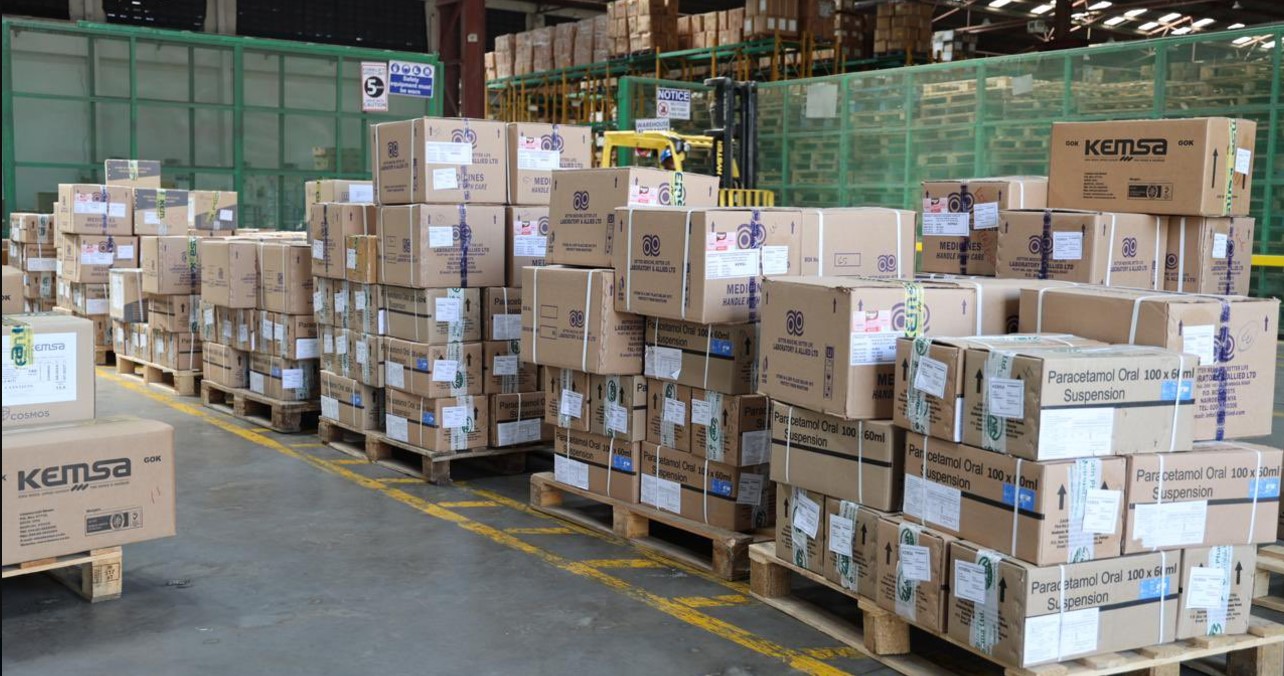Mazingira Day: How Kariokor's old tyres dealer is helping safeguard environment
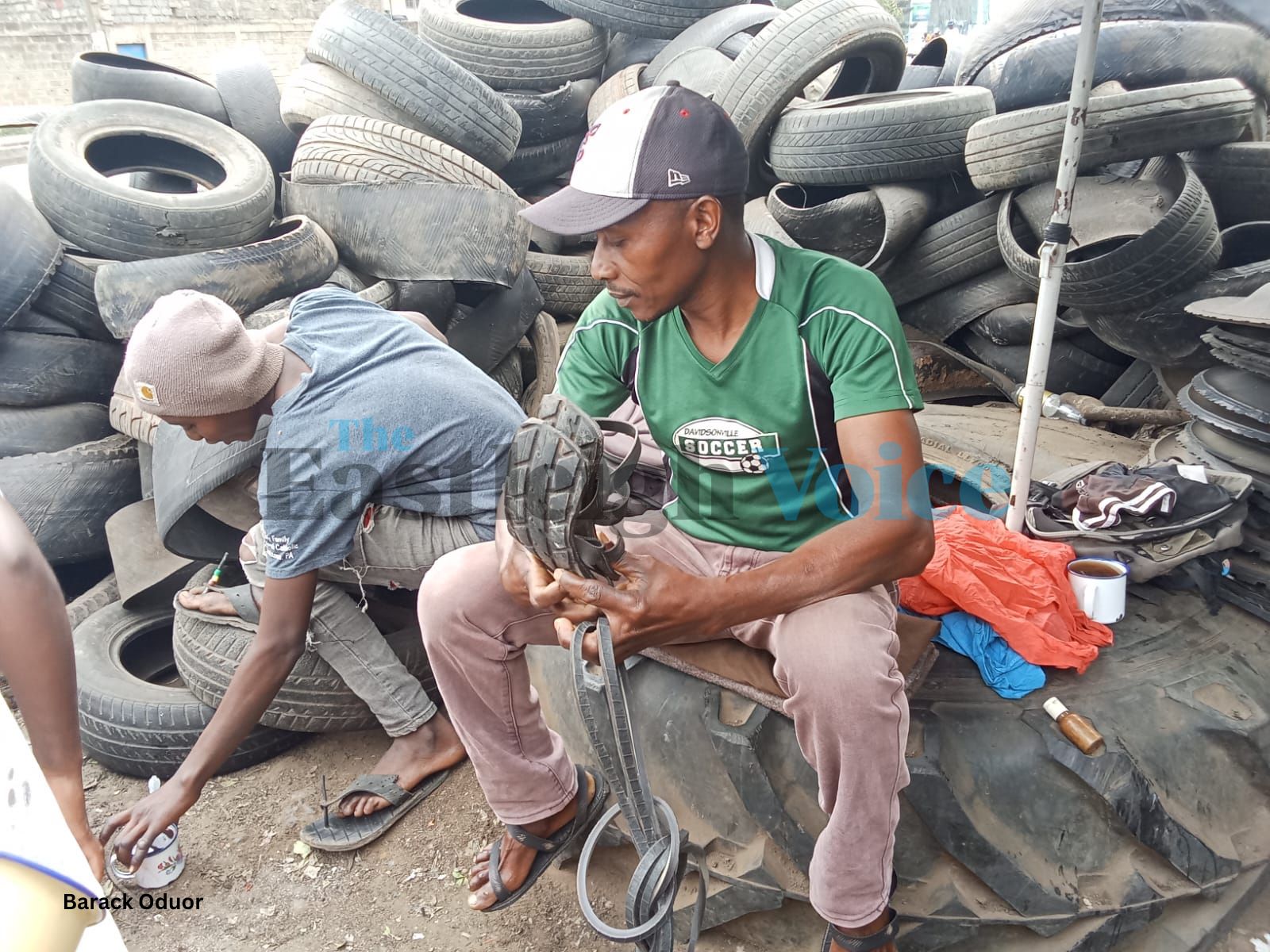
According to him, even though dealing with old tyres has created employment for young people in the city and across the country, the main aim and benefit of their trade has been to reduce the amount of waste generated in the environment.
Nyamai Musyoka peels off an old tyre with a sharp-edged knife skilfully in Kariokor's old tyre yard in Nairobi. He has done this for more than 20 years. If he is crafting out tyre sheets for a pigsty, then he is converting them into tiny shapes for traditional sandals popularly known as Akala.
When The Eastleigh Voice visited Kariokor old tyres yard on Mazingira Day, it was evident that Musyoka and his fellow tyre dealers are helping in environmental conservation by collecting old tyres around Nairobi and its environs, then recycling them for other uses. At Kariakor, there are huge heaps or mountains of unused tyres that are waiting to be worked upon.
More To Read
- The recycling dilemma: Most plastic still ends up as waste
- From waste to water tanks: How Kariokor youth are turning Nairobi’s trash into livelihoods
- Thread by thread: Kariokor’s women weavers stitch culture, resilience, and hope into every bag
- Kariokor residents protest over garbage, burst sewers and Sakaja's inaction
- Kenya Railways suspends Nairobi commuter train services in observance of Mazingira Day
- Duale urges Kenyans to embrace conservation as Mazingira Day approaches
"We get delighted when we get old motor vehicle tyres because that is where our work now begins. We peel them off to make traditional sandals and sheets for making pigsty and poultry houses," said Musyoka.
Musyoka is popular around the Kariokor area, and the many years of his trade have earned him a nickname; Kalembe Ndile; a former popular politician from eastern Kenya. He has hired three persons to help him with the work while he pays Sh50 for every old tyre brought to his yard.
"When old tyre collectors come to us with their collection, we pay Sh50 for each old small tyre and Sh100 for bigger tyres because we recognise their efforts since we understand how unused tyres are dumped by motorists and mechanics almost everywhere in the city," said Musyoka.
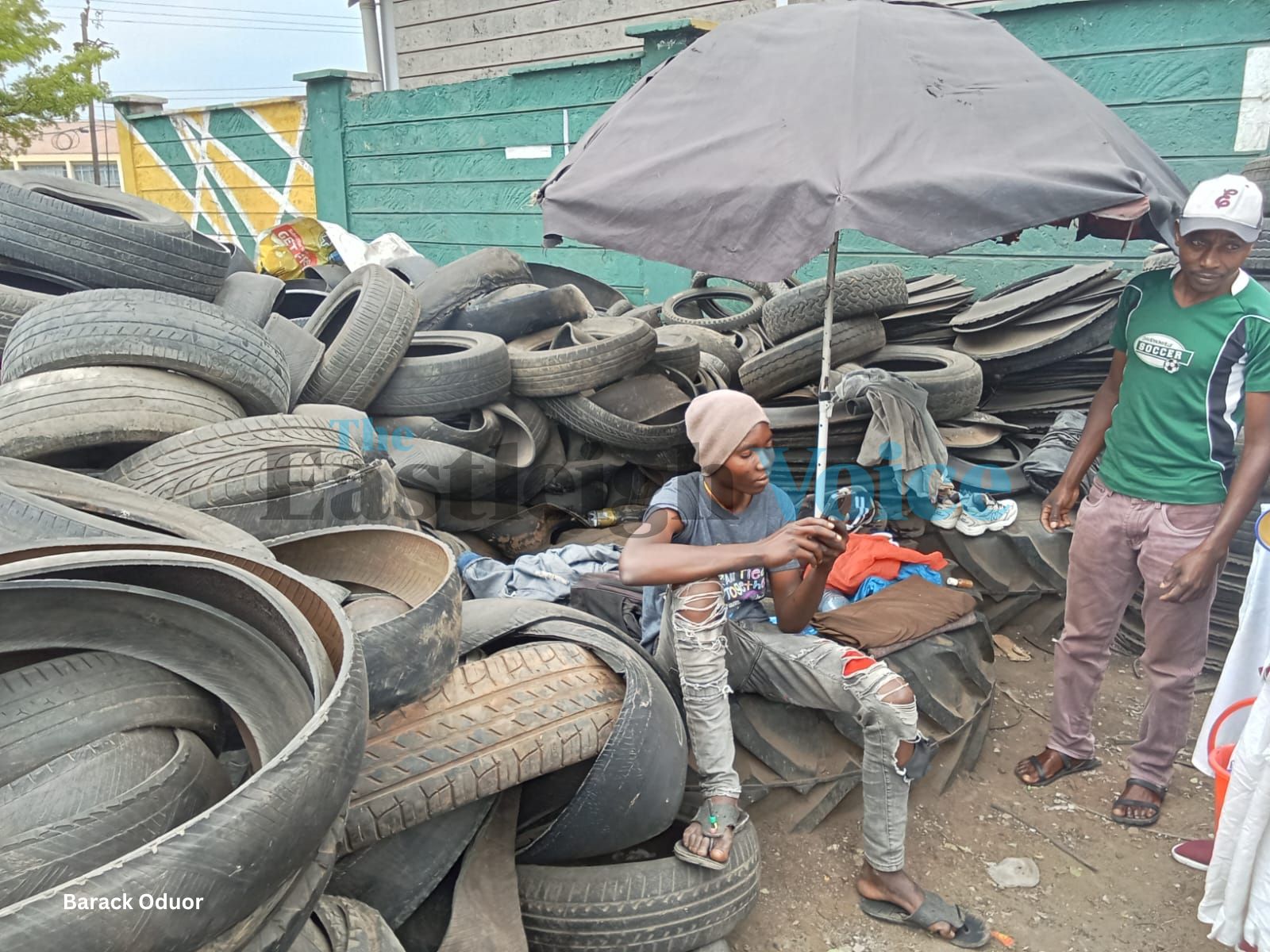 Nyamai Musyoka (right) at his business yard in kariokor, Nairobi County. (Photo: Barack Oduor)
Nyamai Musyoka (right) at his business yard in kariokor, Nairobi County. (Photo: Barack Oduor)
According to him, even though dealing with old tyres has created employment for young people in the city and across the country, the main aim and benefit of their trade has been to reduce the amount of waste generated in the environment and to enhance overall waste management processes and programmes.
Musyoka is not aware of the waste hierarchy that consists of the 3 R's- namely Reduce, Reuse and Recycle popularly called the "three R's" of waste management. However, he is sure that what he does helps to reduce pollution of River Nairobi which passes a few metres from Kariokor.
"What we do helps to cut down on the amount of waste thrown away. I believe it also helps in conserving natural resources, landfill space and energy."
Awareness
He explains that even after the government has created so many awareness drives, people still commit the same mistake of throwing away tyres and plastic waste in open areas. "Old tyres usually end up in dump yards and it should be noted that they are full of toxic chemicals and are no use to anyone."
Now as a resourceful craftsman, Musyoka knows exactly how to recycle and reuse things. It is like he discovered value and wealth in converting old tyres into valuable items. He earns up to Sh1,500 a day from his work.
 Nyamai Musyoka uses motor vehicle tyres to make sandals, locally known as akala, and tyre sheets for pigsty as well as poultry houses. (Photo: Barack Oduor)
Nyamai Musyoka uses motor vehicle tyres to make sandals, locally known as akala, and tyre sheets for pigsty as well as poultry houses. (Photo: Barack Oduor)
Recycling is critical in reducing waste, conserving natural resources, and minimising environmental impact.
It offers several benefits, including minimising the volume of waste that ends up in landfills and incinerators and effectively cutting back on pollution and harmful emissions. Recycling also helps in conserving natural resources by diverting waste from traditional disposal methods and through recycling and composting
It also minimises water, soil, and air pollution – all of which contribute to a healthier and more sustainable planet, building a future a few shades greener.
According to environmentalist Titus Maosa, when we recycle more, we send less waste to landfills. "This is particularly true for plastics which can cause long-lasting issues for the environment. By recycling more plastics, we reduce plastic waste, conserve land and mitigate potential environmental damage," he says.
At the Climate Conference of the Parties (COP 28) last year, leaders agreed that the world needs to transition away from fossil fuels to achieve net zero by 2050. This could have significant implications for the fossil fuel industry, given that 99 per cent of plastics are produced from fossil fuels.
Top Stories Today

